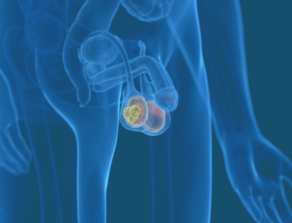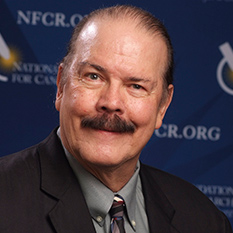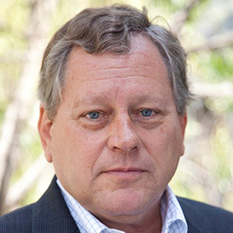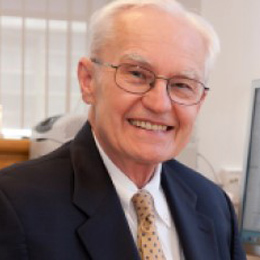Testicular Cancer
About Testicular Cancer
Testicular cancer is one of the rarest types of cancer, accounting for about 1% of cancer cases in men. Although this type of cancer can occur in men at any age, it is a cancer that affects young and middle-aged men. The average age is 33 years.
Testicular Cancer Key Facts
- An estimated 9,760 new cases of testicular cancer will be diagnosed in the U.S. in 2024, and about 500 deaths are expected.
- The lifetime risk of a male developing testicular cancer is about 1 in 250.
- Thanks to early detection and advanced treatments, a man’s lifetime risk of dying from testicular cancer is low: approximately 1 in 5,000 men will die from testicular cancer.
- Many men who develop testicular cancer have no risk factors at all. However, certain conditions such as undescended testicle(s), HIV infection, abnormal testicular development, and a family history of the cancer may increase the odds of developing testicular cancer.
Source: American Cancer Society’s Cancer Facts & Figures 2024 and the Society’s website

Many known risk factors of testicular cancer cannot be changed, such as undescended testicles, race/ethnicity, and family history. According to the American Cancer Society, Experts recommend correcting cryptorchidism in boys for several reasons (such as preserving fertility and body image), but it’s not clear how much this changes the child’s risk for testicular cancer.
Resource: Can Testicular Cancer Be Prevented? | American Cancer Society
A symptom is a change in the body that a person can see and/or feel. If you have any of the symptoms below, it does not mean you have cancer but you should see your doctor or health care professional so that the cause can be found and treated, if needed.
- Lump or swelling in the testicle
- Breast growth or soreness
- Early puberty in boys
Advanced cancer
- Low back pain, from cancer spread to the lymph nodes (bean-sized collections of immune cells) in the back of the belly.
- Shortness of breath, chest pain, or a cough (even coughing up blood) may develop from cancer spread in the lungs.
- Belly pain, either from enlarged lymph nodes or because the cancer has spread to the liver.
- Headaches or confusion, from cancer spread in the brain.
Source: American Cancer website 2024
- Undescended testicle(s)/cryptorchidism
- Family or personal history
- HIV infection
- Cancer in the other testicle
- Age – about half of testicular cancer occurs in men between the ages of 20 and 34
- Race/Ethnicity – White, American Indian, and Alaska Native men are several times more likely to get this cancer
- Geography – highest among men living in the United States and Europe
- Body size – tall men have a somewhat higher risk
Resource: Testicular Cancer Risk Factors | Risks For Testicular Cancer | American Cancer Society
NFCR-Supported Researchers Working on Testicular Cancer
Paul Fisher, M.Ph., Ph.D.
Virginia Commonwealth University School of Medicine
Webster Cavenee, Ph.D.
Ludwig Institute for Cancer Research
Harold F. Dvorak, M.D.
Beth Israel Deaconess Medical Center














